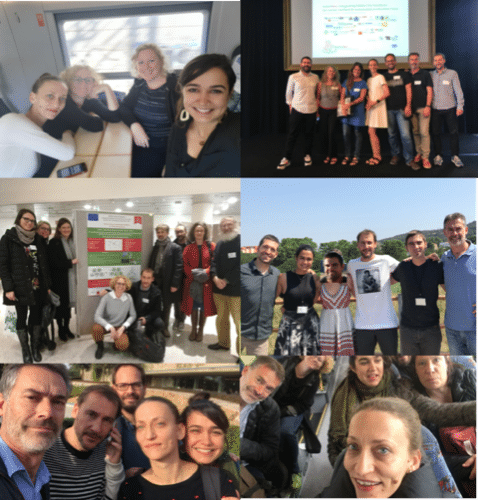APPLICATIONS FOR THE EDICITNET AWARDS 2021 ARE NOW OPEN
The EdiCitNet Awards aim to recognize, inspire and promote innovative ECS initiatives, processes and approaches with a demonstrated societal impact through the award of three prizes in the following categories:
– Most innovative individual action
– Most innovative social engagement process
– Best overall Edible City approach
Find more information here: https://www.edicitnet.com/awards/
Awards are open to any individual, group or organization located in one of the EdiCitNet member cities (see here). Candidates can apply directly or nominate a “local hero” or initiative. The same application can be used to apply for each of the three categories. Different initiatives by the same individual or organization require separate applications.
Selection will be based on a two-stage process, consisting of peer-voting (by 15th of August) followed by expert selection (by 15th of September).
Evaluation criteria:
– Innovation
– Relevance
– Inclusivity
– Impact
– Upscaling & replication
Prizes:
– A promotional package, consisting of documentation and promotion via
the EdiCitNet social media and communication channels.
– A travel grant to fund their participation in the EdiCitNet Awards
Ceremony (to be held in late September/early October). Please note: this prize is only available to those individuals and initiatives that are not already receiving direct funding from the EdiCitNet project
Timeframe:
– Deadline for applications: 30th of July
– Deadline for peer-voting: 15th of August
– Notification of results: 15th of September
– Announcement of Winners at the Annual EdiCitNet Conference: Late September/ Early October


